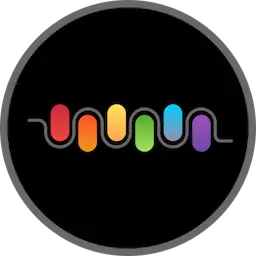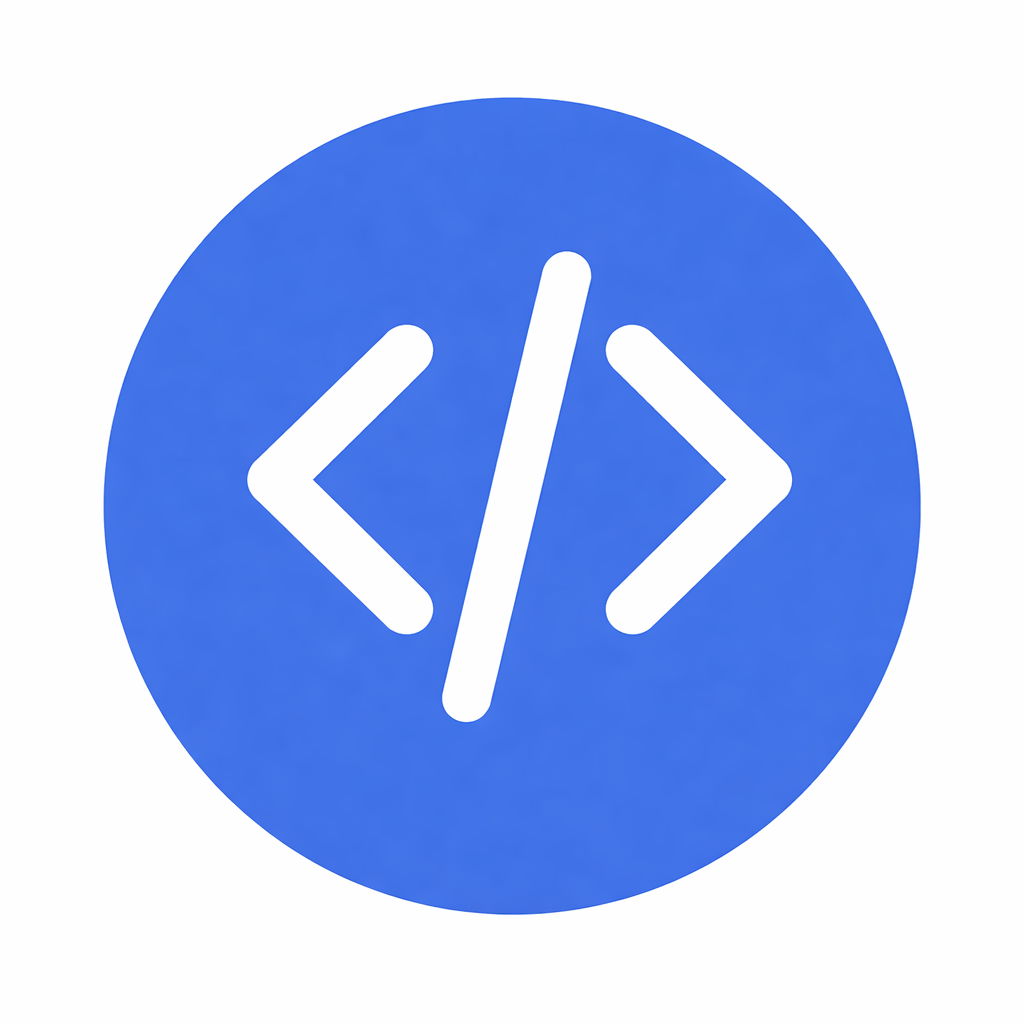Finally… All AI Tools in One Website!
Find your next favorite AI tool by searching from our extensive collection of AIs:
Featured AI Tools

Retayn is an app with an AI coach designed to help people recover from pornography addiction. It combines therapeutic tools, community support, and AI...

TinderProfile.ai is an AI-powered platform designed to enhance your dating profile by creating realistic and high-quality photos. These AI-generated p...

Aragon.ai is an innovative AI headshot app that leverages the power of artificial intelligence to transform everyday selfies into polished professiona...

NeuronWriter is a handy AI SEO tool for content creators. As a content optimization and AI writing assistant, it helps with all stages of the writing ...
Unlock the Full AI Experience
Create your free account to save your favorite AI tools, receive personalized recommendations, and stay ahead of the AI revolution!
AI Tools
Monthly Users
Account
Already have an account?
Newly Added AI Tools

Beatoven.ai is an AI music generator that makes custom, royalty-free tracks based on the mood and vibe you describe. Instead of picking from stock loo...

Suno AI is an AI music creator that lets you make original songs and soundscapes simply by describing what you want. Instead of struggling with instru...

WellSaid AI is a voice-generation tool that sounds like a real person, not a robot. You type what you want spoken, and it reads it back in clear, natu...

Noiz AI is an AI voice and audio platform that turns written text into lifelike, emotional speech and offers voice cloning, multilingual dubbing, and ...

Websim AI is an AI platform that transforms natural language prompts into interactive websites, games, and web apps in seconds. You describe a concept...

Wegic AI is an AI website builder that acts like a virtual website team — designer, developer, and manager wrapped in one. You chat with Wegic to desc...

Llama Coder is an AI-powered code generator that turns plain text project ideas into working apps and software components. You describe what you want ...

Conker AI is an AI quiz and assessment generator built to save teachers and trainers time on creating tests and learning activities. You tell it a top...

SolidPoint AI is a web-based summarization tool that turns long videos, articles, research papers, Reddit threads, and web content into quick, concise...

Pikzels AI is a generative thumbnail and title creator made for YouTubers and social creators who want thumbnails that actually get clicked. It combin...

Smodin is an all-in-one AI writing platform built to help people rewrite, humanize, detect AI, and check plagiarism in a single workflow. It’s made ...

Careerflow.ai is an AI-powered career platform built to make job searching less chaotic and more effective. Instead of juggling resumes, cover letters...